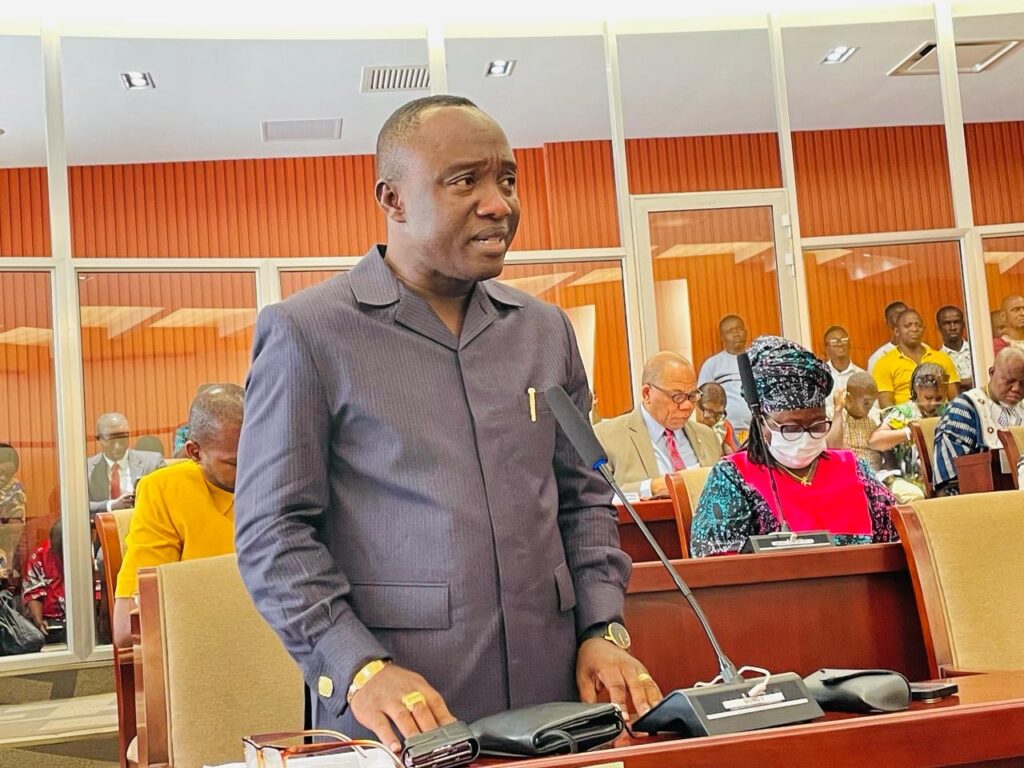“Health Workers Employed by Government Should Be Banned from Opening Clinics” Sen Moye Calls for Policy on Medical Commodities Regulation in Liberia

By: Jeremiah Sackie Cooper. Gmail: jeremiahcooper105@gmail.com
Liberia: In a bid to address the issue of potential conflict of interest and ensure the equitable distribution of medical resources, Bong County Senator Prince Moye wants a significant policy shift in Liberia.
Senator Moye is calling for a ban on health workers employed by the government from opening personal clinics.
The proposal comes amid growing concerns about the alleged stealing of drugs at various public health facilities across the country by some health workers, particularly those employed by the government who also run private clinics.
Such practices have raised questions about the fair allocation of medical commodities and the integrity of healthcare delivery systems.
The Bong County Senator emphasized the need for transparency and accountability in the medical sector.
He argues that allowing government-employed health workers to operate private clinics creates potential conflicts of interest and compromises the quality and accessibility of healthcare services for ordinary citizens at Public hospitals and clinics in the country.
Moye’s call for a ban on government-employed health workers from opening clinics aligns with broader efforts to reform Liberia’s healthcare system and enhance its efficiency and effectiveness.
By prohibiting this practice, Moye aims to ensure that medical commodities are distributed fairly and that public resources are used solely for the benefit of the population.
It can be recalled, on Thursday April 11, 2024 the Civil Society Health Coalition with support from the United States Agency for International Development (USAID) launched a bold campaign aimed at curbing malpractice and ensuring equitable access to vital medications across Liberia.
Additionally, Moye stressed the importance of implementing robust regulations to govern the procurement, distribution, and utilization of medical commodities in Liberia.
He asserts that without proper oversight and accountability mechanisms, there is a risk of misuse and mismanagement of vital medical supplies, which could further exacerbate existing healthcare challenges in the country.
The proposal has sparked debates among critic. While some support Moye’s initiative as a necessary step towards improving healthcare delivery and promoting ethical practices, others raise concerns about its potential impact on the livelihoods of government-employed health workers who may rely on their private clinics for additional income.



